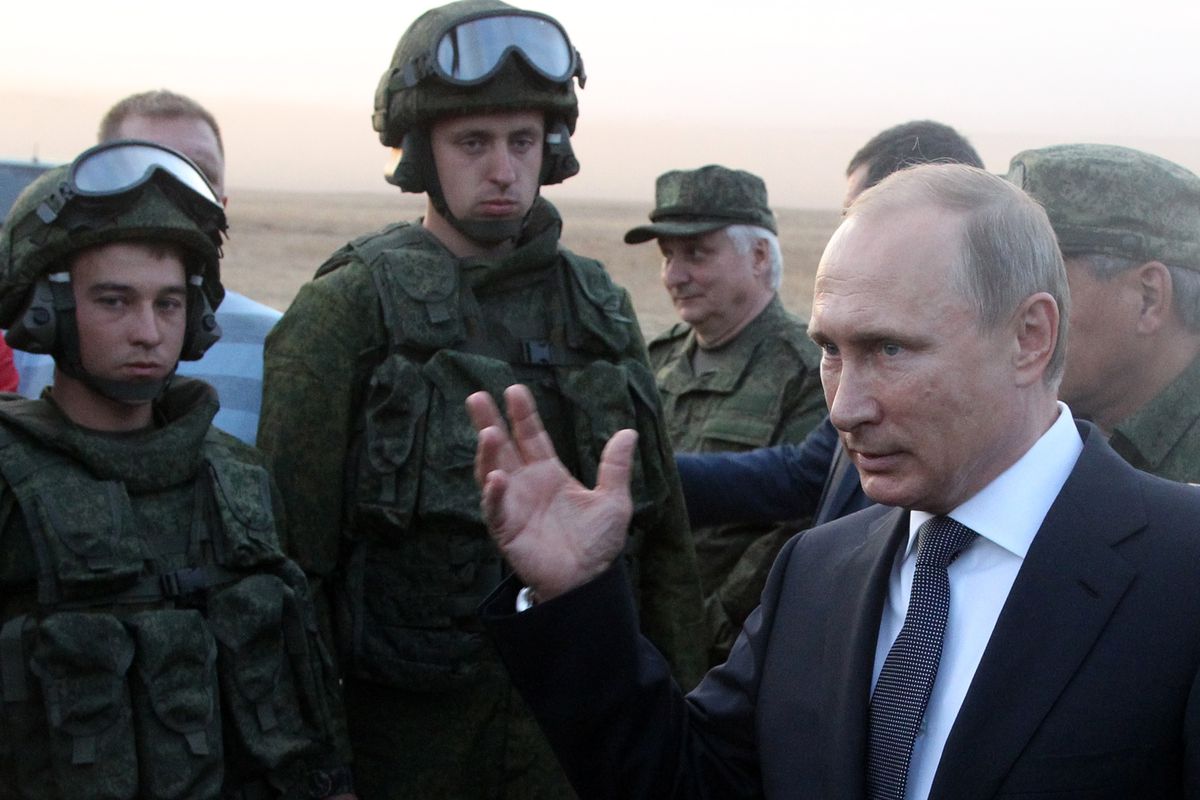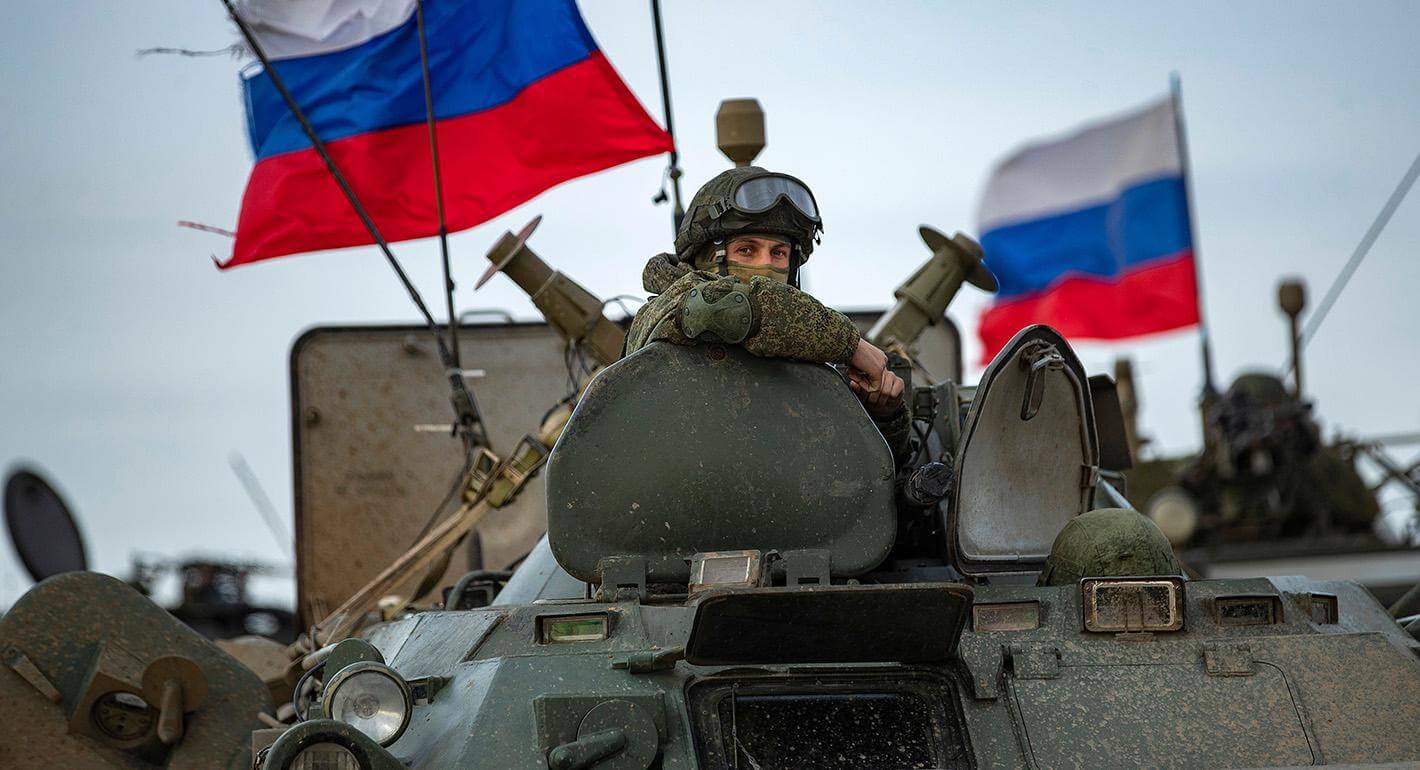Russia’s Defence Ministry on Tuesday announced that troops from its southern and western military districts will return to their base stations after having completed joint military drills in Belarus. The troop withdrawal comes in light of Moscow’s recent indication to continue diplomatic talks over the border crisis in Ukraine after earlier talks ended in a stalemate.
Defence Ministry spokesperson Major General Igor Konashenkov confirmed that the troops completed drills under the ongoing Russian-Belarusian exercise called Union Courage, which commenced earlier this month. The purpose of the exercises, as stated by the Russian Defence Ministry, is to make Russian and Belarusian soldiers practice scenarios in which they suppress and repel “external aggression” and protect the Union State. Konashenkov did not disclose the number of troops being withdrawn and clarified that the move was routine. He stressed that large-scale Russian military exercises will continue to take place in Belarus, along with naval exercises in the Black Sea. Kremlin spokesperson Dmitry Peskov also said the pullback was standard procedure, calling out the West for whipping up hysteria over the drills.
United States (US) President Joe Biden said Washington is yet to verify whether Russian troops are withdrawing, warning that Russia still occupies a threatening position, with more than 150,000 troops surrounding Ukraine in Belarus and along the Ukrainian border. Ukrainian Foreign Minister Dmytro Kuleba also expressed scepticism, saying, “We have a rule: don’t believe what you hear, believe what you see. When we see a withdrawal, we will believe in a de-escalation.” Similarly, North Atlantic Treaty Organization (NATO) General Secretary Jens Stoltenberg told reporters on Tuesday, “We (NATO) have not seen any sign of de-escalation on the ground,” in reference to Russia’s military posture.

In parallel developments, on Tuesday, Russian President Vladimir Putin met with German Chancellor Olaf Scholz in Moscow to discuss the security situation in Europe. During a joint press conference, Putin said that although the US and NATO’s current security proposal over Ukraine fails to address Russia’s fundamental concerns, Moscow believes that the proposal contains several welcome considerations about intermediate and shorter-range missiles as well as military transparency that can lead to more substantive talks between Russia and the West. Scholz echoed Putin’s sentiments, noting that Germany and its European Allies are ready to discuss “concrete steps” on enhancing mutual security.
Scholz’s meeting with Putin comes after the Chancellor’s visit to Kyiv, where he met with Ukrainian President Volodymyr Zelensky in a display of German-Ukrainian solidarity. After months of no breakthrough, European leaders’ recent wave of diplomacy with Moscow has pushed talks forward. Last week, Putin said Russia is willing to make compromises over Ukraine after his meeting with French President Emmanuel Macron. Macron also held talks with Zelensky to discuss the ongoing developments. Major European countries, including Germany, France and Ukraine, along with the US, are set to meet at the Munich Security Conference this week to discuss Russia’s military aggression towards Ukraine.

